 1-800-805-5783
1-800-805-5783 
For years, Software-as-a-Service (SaaS) has been the go-to model for digitizing business operations. From managing customer relationships to tracking payroll, SaaS helped companies move faster and smarter in the cloud. However, something more powerful is beginning to take shape that not only supports workflows but also takes action. Welcome to the era of Vertical AI Agents.
These agents don’t just live inside dashboards waiting for instructions. They’re industry-specific AI professionals who can understand, decide, and execute. Unlike broad AI tools like ChatGPT or Copilot, Vertical AI is designed to master the nuances of a single domain, such as healthcare, law, finance, real estate, or logistics, and operate almost like a domain expert.

Let’s break it down.
Vertical AI refers to AI solutions designed for a specific industry. While horizontal or general-purpose AI serves a wide range of tasks, vertical AI, also known as AI vertical, focuses intensely on a particular niche. It’s trained on industry-specific data, language, and regulations, giving it the kind of expertise you’d expect from a seasoned professional in that field.
If you’re wondering what vertical AI is, here’s a simple answer: It’s artificial intelligence that understands your business inside and out.
For example:
These aren’t just digital tools; they’re becoming digital experts, and often, they take form as Vertical AI Agents.
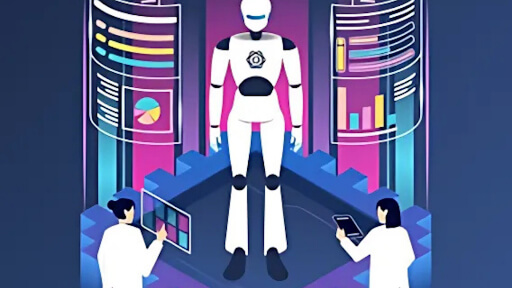
Vertical AI Agents are like specialized coworkers who live inside your software systems. They’re built to perform high-stakes tasks in a specific domain, without needing you to hold their hand every step of the way.
What can they do?
The key difference? These agents aren’t rule-based bots. They’re proactive, intelligent, and trained to operate with confidence inside specific AI verticals.
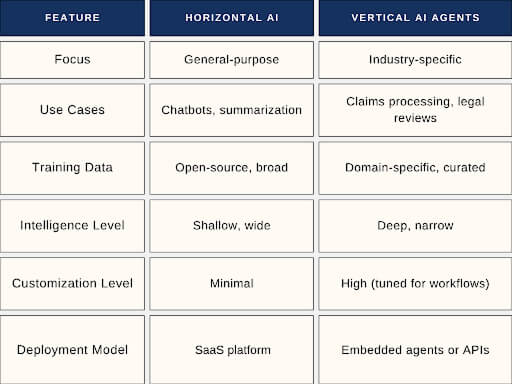
This comparison illustrates why vertical AI agent technology is gaining ground over traditional AI platforms that spread thin across too many use cases.
The buzz around vertical AI agents isn’t just hype; real-world results drive it. More and more companies are turning to agents that aren’t just smart, they’re tailor-made for their business.
Here’s why they’re taking off:
This isn’t about giving your team a new dashboard. It’s about giving them a digital partner who gets the job done quietly, efficiently, and 24/7.
According to McKinsey, businesses that use vertical AI report efficiency gains of 25–50%. One study found that over two-thirds of enterprises experienced improved customer service within the first year of implementation.
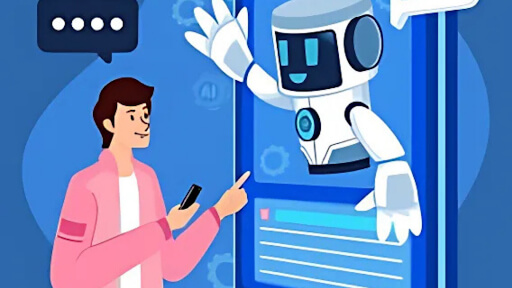
This agent handles tasks such as post-visit follow-ups, care navigation, and insurance-related questions, as well as diagnosis requirements, all with the goal of smooth coordination. In 2023 alone, vertical AI healthcare startups raised over $2.3 billion in funding.
Harvey assists lawyers in drafting documents, conducting legal research, and ensuring compliance with relevant laws and regulations. It’s already in use by 15+ global law firms, demonstrating the rapid adoption of vertical AI agents in regulated industries.
It supports agents and brokers by offering property insights, automating listings, and personalizing recommendations for buyers and sellers.
Goes beyond credit scores to evaluate a borrower’s actual risk, reducing defaults by up to 20% by tapping into alternative data, according to JP Morgan.
What do they all have in common? Context. Precision. Confidence.
These tools don’t need to “learn your business”; they already speak its language, and that’s the core strength of a vertical AI agent.
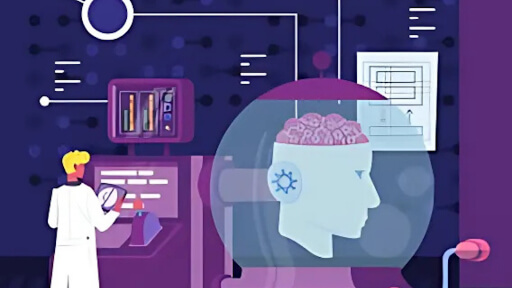
The vertical AI market map is growing fast, and it’s filled with opportunities. Whether you’re a startup or an enterprise, there’s increasing pressure to move beyond generic AI and invest in verticalized solutions.
The AI vertical shift is no longer just a trend; it has become a strategic necessity.
Like any tech revolution, the shift toward vertical AI agents comes with its own set of challenges.
Gartner notes that 41% of failed AI projects fail because they didn’t align well with industry-specific needs. The lesson? Specialization matters.
We’re moving into a world where vertical AI agents will become part of the team, handling the routine so that humans can focus on strategy, relationships, and creativity.
What’s coming:
They’re not taking jobs, they’re changing how jobs get done.
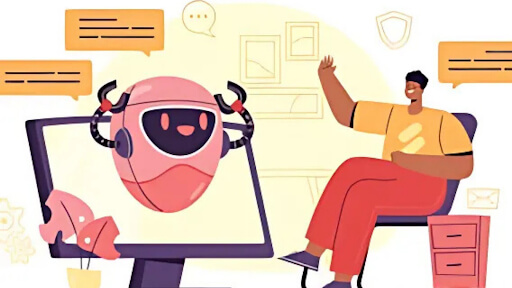
The SaaS era helped digitize work. Vertical AI agents are now doing the work.
If your company is wondering how to stay competitive in the AI era, here’s a tip: don’t just look for generic AI tools. Find or build a vertical AI agent that understands your business as well as your top performer, and never needs a break.
This is the new frontier beyond SaaSand; it’s already in motion.
1. What is Vertical AI?
It’s AI designed for specific industries, such as healthcare or finance, with deep domain expertise.
2. How’s it different from general-purpose AI tools?
Vertical AI agents are specifically tuned to the exact workflows and terminology of a particular industry. They outperform general AI in specialized tasks.
3. Are companies using this already?
Yes. From real estate to legal to insurance, many firms are already using vertical AI agents to automate and accelerate work.
4. What does the future look like?
By 2026, most enterprise AI tools will be verticalized, bringing more intelligent automation, better service, and deeper integration into daily business through the vertical AI market map.
At [x]cube LABS, we craft intelligent AI agents that seamlessly integrate with your systems, enhancing efficiency and innovation:
Integrate our Agentic AI solutions to automate tasks, derive actionable insights, and deliver superior customer experiences effortlessly within your existing workflows.
For more information and to schedule a FREE demo, check out all our ready-to-deploy agents here.